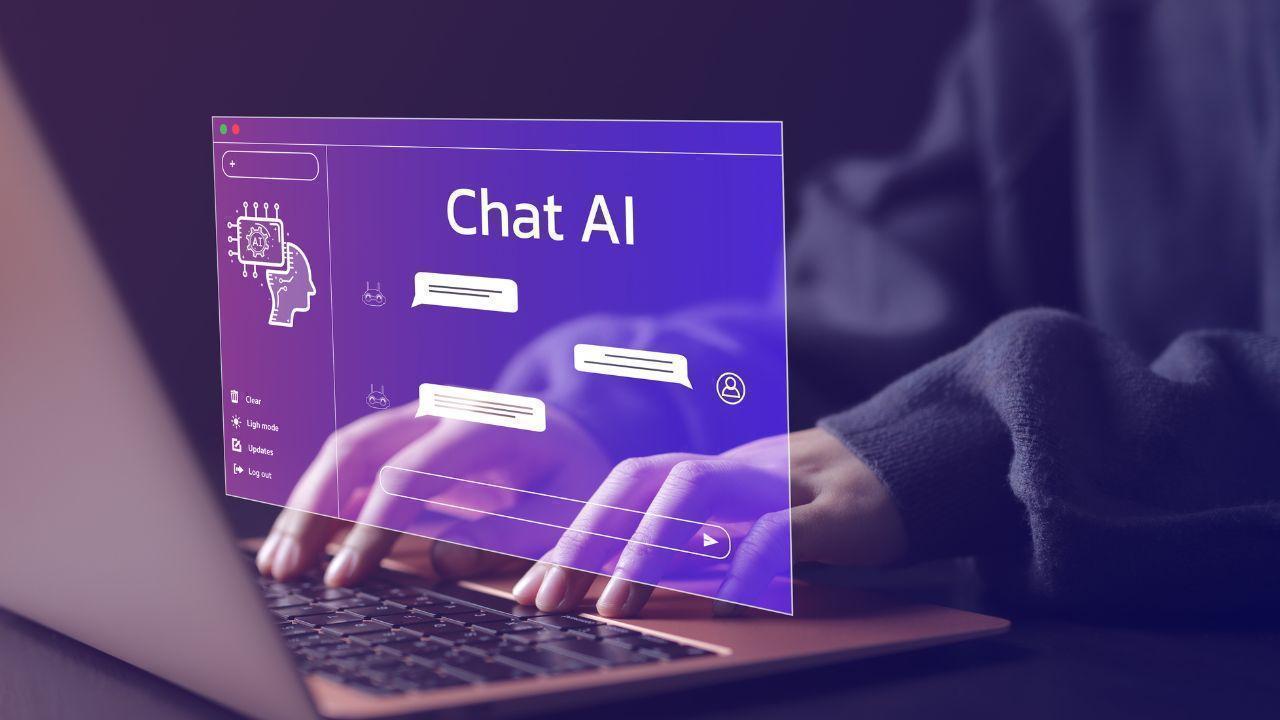
Post by : Vansh Kumar
Artificial Intelligence (AI) is no longer a concept of the future—it is actively transforming our world today. From healthcare and finance to transportation and education, AI is revolutionizing industries, creating efficiencies, and redefining human potential. The ongoing AI evolution is reshaping society, offering opportunities and challenges alike. By understanding its applications, impacts, and ethical considerations, we can navigate this transformative era with foresight and responsibility.
The journey of artificial intelligence began decades ago with rule-based systems capable of executing simple tasks. Over time, advancements in machine learning, deep learning, natural language processing, and robotics have allowed AI systems to learn, adapt, and even predict outcomes. Today, AI can analyze vast datasets, identify patterns, and make complex decisions with a speed and accuracy that surpass human capabilities.
This AI evolution is not confined to technology experts; it is increasingly accessible across industries and everyday life. Companies, governments, and educational institutions are leveraging AI to improve efficiency, optimize decision-making, and enhance user experiences.
AI has become an integral part of daily routines. Virtual assistants like Siri, Alexa, and Google Assistant rely on artificial intelligence to understand user commands, manage schedules, and provide personalized recommendations. Streaming platforms use AI to suggest movies, music, and shows tailored to individual preferences.
In transportation, AI powers autonomous vehicles and traffic management systems, enhancing safety and reducing congestion. In retail, AI predicts consumer behavior, optimizes inventory, and provides personalized shopping experiences. These real-world applications highlight how AI technology is reshaping everyday experiences.
The AI evolution is profoundly impacting industries across the globe:
Healthcare: AI-driven diagnostics, predictive analytics, and robotic surgeries are improving patient care and operational efficiency. AI algorithms can detect diseases early, assist in treatment planning, and even discover new medications.
Finance: AI helps detect fraud, automate trading, and personalize financial advice. Machine learning models analyze vast amounts of data to provide insights that humans might miss.
Manufacturing: Intelligent machines and predictive maintenance powered by AI optimize production, reduce downtime, and enhance quality control.
Education: AI-enabled platforms deliver personalized learning experiences, track student performance, and provide adaptive content tailored to individual needs.
These applications demonstrate how AI is not just a tool but a transformative force across sectors.
As AI becomes increasingly pervasive, ethical and societal concerns must be addressed. Issues such as algorithmic bias, data privacy, job displacement, and autonomous decision-making require careful consideration. Ensuring that AI systems are transparent, accountable, and aligned with human values is essential to prevent unintended consequences.
Policymakers, technologists, and society must collaborate to establish frameworks for responsible AI usage. Ethical deployment ensures that artificial intelligence serves humanity, enhancing quality of life rather than exacerbating inequalities or risks.
The AI evolution extends beyond practical applications into research and innovation. AI accelerates discoveries in fields such as medicine, climate science, space exploration, and material engineering. Machine learning models analyze complex datasets, uncover patterns, and generate insights that were previously unattainable.
For example, AI has been used to identify potential new drug compounds, optimize renewable energy systems, and simulate climate change scenarios. These innovations highlight the potential of AI technology to augment human intellect and accelerate progress in science and technology.
Despite its promise, AI faces significant challenges. High-quality data is essential for training effective models, and biased or incomplete data can result in inaccurate predictions. AI systems also require substantial computational resources, which can be expensive and environmentally demanding.
Moreover, the human factor remains critical. Organizations and individuals must understand AI’s capabilities and limitations to maximize benefits while mitigating risks. Education, training, and awareness are crucial for responsible and effective AI adoption.
The AI evolution is preparing us for a future where human skills are augmented by intelligent systems. The workforce of tomorrow will require a blend of technical proficiency and soft skills such as critical thinking, creativity, and emotional intelligence. AI will handle repetitive tasks and data analysis, allowing humans to focus on problem-solving, innovation, and interpersonal engagement.
Educational institutions and professional training programs are increasingly integrating AI into curricula to equip students with the knowledge and skills needed for the digital era. By embracing AI technology, we can cultivate a generation that is both skilled and adaptable in a rapidly changing world.
This article is intended for informational and educational purposes only. It provides insights into the evolution and applications of artificial intelligence. Readers are encouraged to verify information and seek additional guidance as needed. GCC news network is not responsible for any actions or decisions taken based on this content.
#trending #latest #AIRevolution #ArtificialIntelligence #FutureOfAI #TechInnovation #SmartTechnology #AITransformation #DigitalFuture #MachineLearning #AIImpact #NextGenTech #GCCNews #GCCUpdates #GCCTech #GCCInnovation #ArabWorldNews #GCCTrends #DigitalGCC #GCCBusiness #GCCFuture #GCCTechnology #GCCInsights
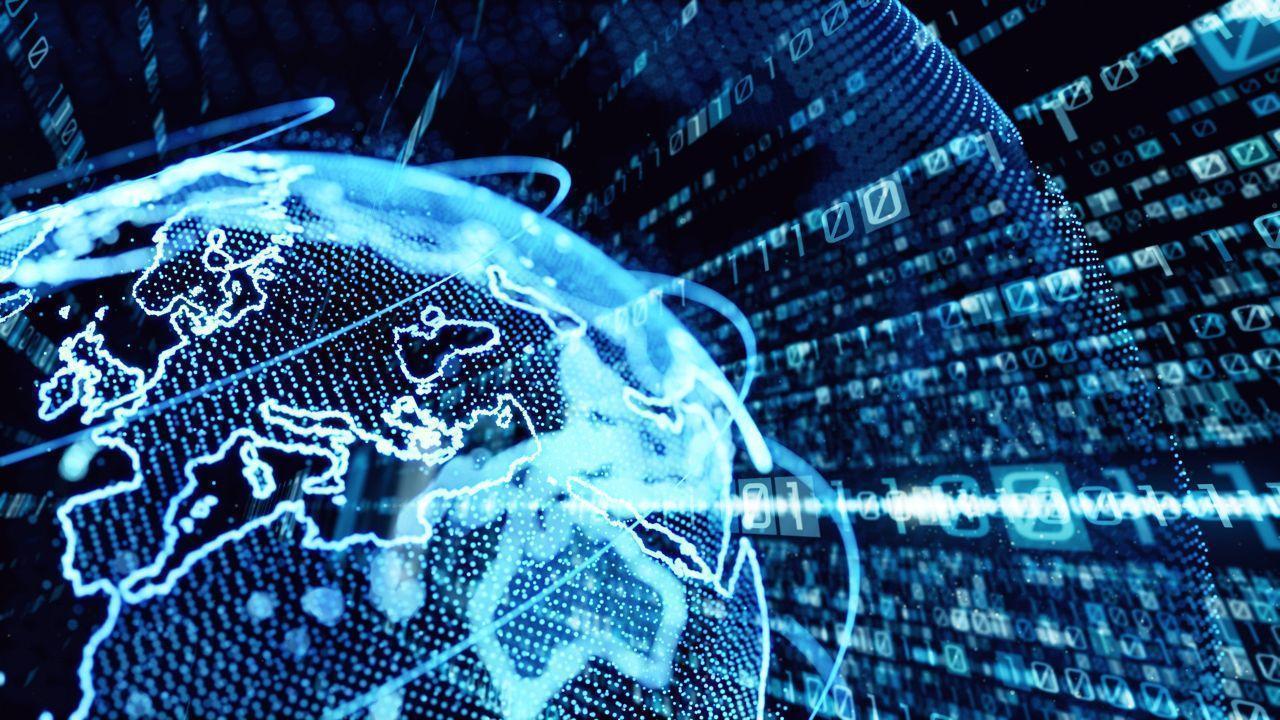
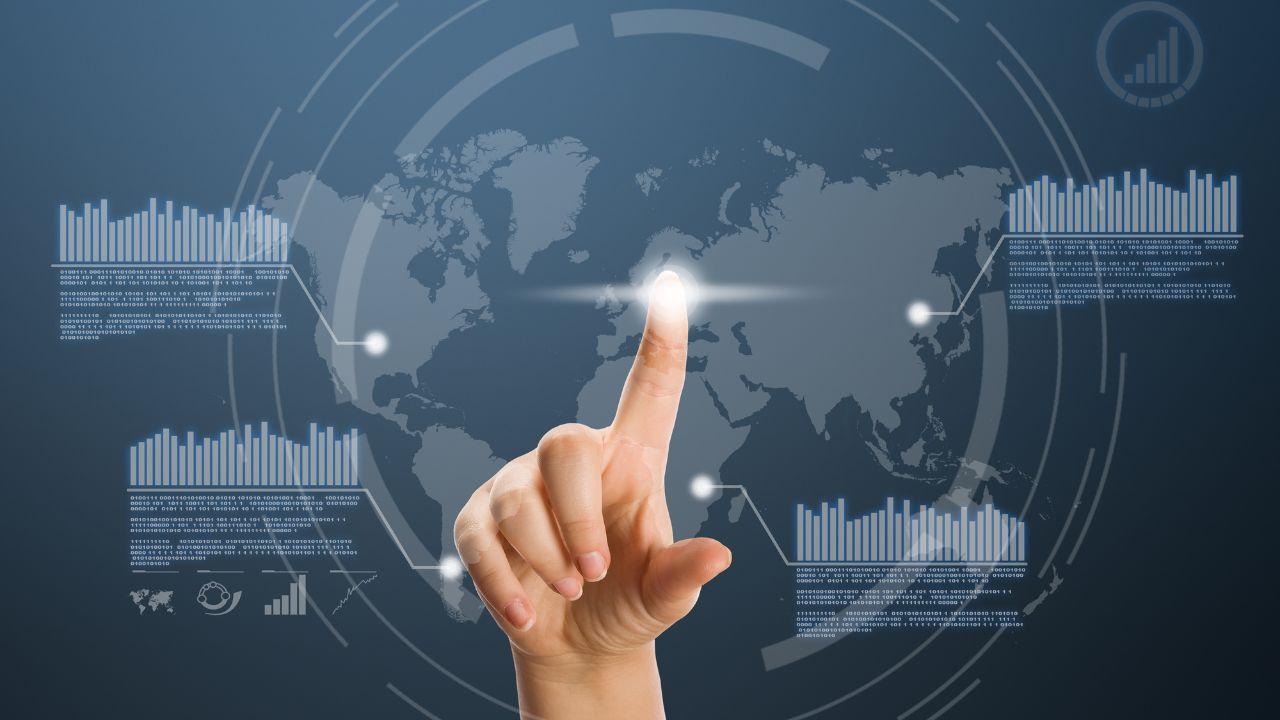







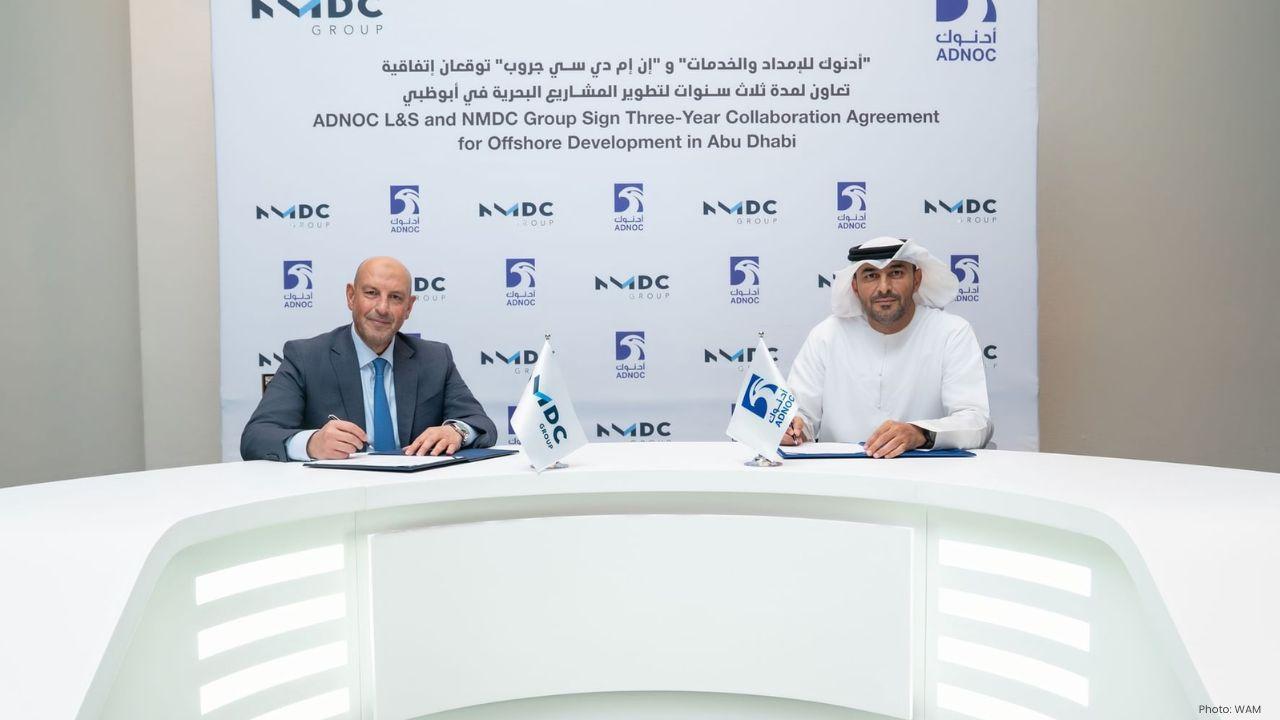
NMDC Group And ADNOC L&S Sign Three-Year Deal For Offshore Work
NMDC Group and ADNOC Logistics & Services sign a three-year deal to deliver maritime services for of
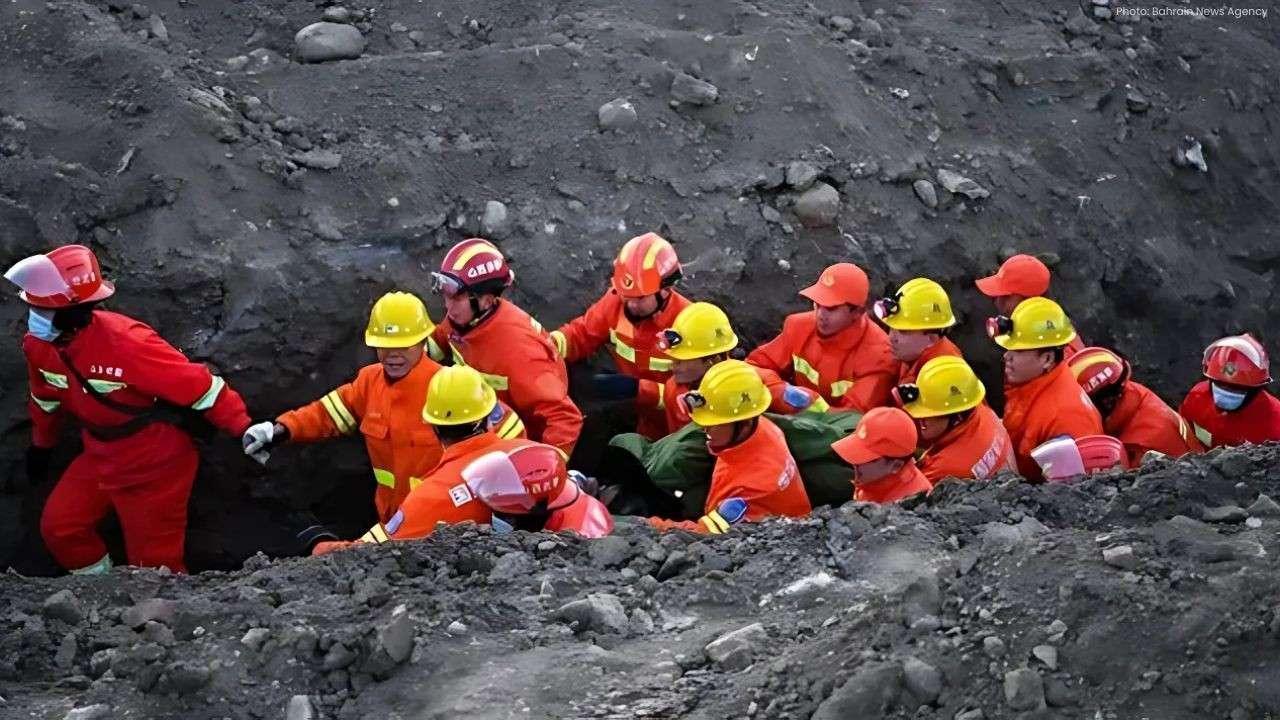
Six Miners Trapped After Earthquake Hits Coal Mine In China
A mining-related earthquake struck a coal mine in Heilongjiang, China, trapping six miners undergrou

Train Collides With Bus In Mexico Killing 10 And Injuring Many
At least 10 dead and 41 injured after a train hit a bus at a rail crossing in Mexico. Authorities co

UAE Olympic Football Team Qualifies For AFC U-23 Asian Cup Finals
UAE Olympic football team qualifies for AFC U-23 Asian Cup finals in Saudi Arabia despite 3-2 loss t

Apple Launches iPhone Air With Thinnest Design & Pro Performance
Apple unveils the new iPhone Air, its thinnest model with pro performance, multiple colors, large st

Al Wakrah Wins French Arabian Breeders’ Challenge Sprint Again
Al Wakrah, trained by Jean de Mieulle, wins French Arabian Breeders’ Challenge Sprint in France, mar